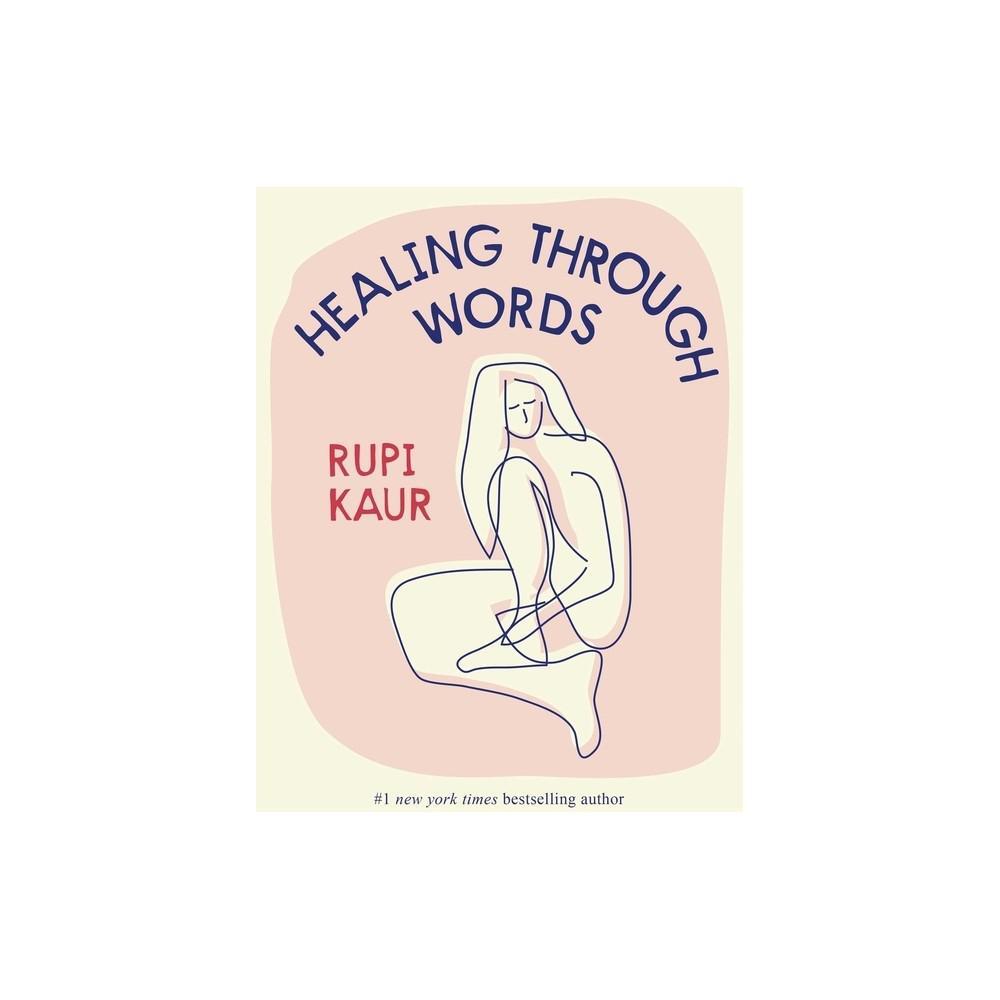Grief is a universal experience, perhaps one of the most profound and transformative journeys a person can undertake. When a parent passes away, the sense of loss can be both overwhelming and suffocating. Yet, within this sorrow lies an opportunity for healing, reflection, and, ultimately, personal growth. The exploration of grief through literature has captivated readers for centuries, offering solace, understanding, and companionship in moments of isolation. This article delves into some of the best books that address the nuanced complexities of grief and loss, particularly in the context of losing a parent.
This topic resonates deeply with many. The death of a parent is not merely the end of a life; it’s a seismic event that alters the very fabric of one’s existence. The texts presented here reflect a common observation: literature serves as a balm for our wounded souls, an avenue to process feelings that can often feel insurmountable. These books not only depict inner turmoil but also suggest reasons for our fascination with tales of grief. They hold mirrors to our vulnerabilities, validating our experiences and emotions while guiding us towards healing pathways.
One remarkable work worth mentioning is “The Year of Magical Thinking” by Joan Didion. In this poignant memoir, Didion recounts the catastrophic loss of her husband, as well as the impending decline of her daughter. The narrative is not linear; instead, it captures the fragmented nature of grief. Didion’s exploration of her despair presents readers with a visceral understanding of what grief can look like—momentary lapses into denial, the longing for everyday normalcy, and the haunting memories that linger. Didion’s prose is both eloquent and spare, which helps to highlight the truly disarming aspects of loss. Readers find a companion in her vulnerability and are encouraged to confront the depths of their own sorrow.
Another compelling read is “When Breath Becomes Air” by Paul Kalanithi. This memoir, penned by a neurosurgeon who faced terminal cancer, explores the intricacies of life, death, and everything in between. Kalanithi’s narrative serves as both a reflection on his life and a meditation on loss from a unique perspective—the loss of future dreams and the pursuit of meaning amidst despair. His insights resonate profoundly with those grieving a parent. The juxtaposition of the author’s professional life with his personal tragedy enriches the narrative, reminding readers that loss begets questions about existence itself. It is not merely a book about dying; it is a discourse on living fully, even in the face of inevitable loss.
For a more poetic approach, consider “The Light of the World” by Elizabeth Alexander. This memoir unfolds the sudden death of her beloved husband and the profound impact it had on her life. Alexander’s use of lush language and imagery creates a vivid tapestry of emotions, capturing the messy reality of grief. Through the lens of an artist, she emphasizes how creativity can be both a refuge and a means of processing complex emotions. As readers traverse her journey, they are reminded that art often imitates life, and through it, we can find clarity and connection.
“One Last Ride” by Ahmir ‘Questlove’ Thompson offers a unique and reflective narrative on loss. As a musician and cultural commentator, Questlove captures an array of emotions connected to the death of a parent, integrating music and personal anecdotes. He discusses how art can provide a sense of continuity and how the legacy of a loved one permeates our lives long after they depart. This exploration of grief affirms that our connections to those we’ve lost shape our identities and inform our daily actions. Questlove bridges the gap between sorrow and celebration, encouraging readers to find joy amidst their heartache.
Furthermore, “Being Mortal: Medicine and What Matters in the End” by Atul Gawande delves into the intersection of mortality, medicine, and the human experience. While not solely a memoir, this book offers insights into the societal approach to death and dying. Gawande challenges readers to confront the concept of a good death and consider what it truly means to live well in the shadow of loss. This text serves as a catalyst for reflection, particularly for those grappling with the anticipatory grief that often accompanies a parent’s illness. In doing so, it addresses the deep-seated fears and expectations surrounding death, encouraging readers to cultivate a sense of agency and understanding in their grief journey.
The fascination with grief in literature also emerges from the innate human desire for connection. These narratives often echo our own experiences, validating our pain and allowing for communal understanding. This genre of writing offers a sanctuary—a space where one can ponder, reflect, and potentially understand the nuances of their grief. By engaging with these texts, readers gain insight into their own emotional landscapes, compelled to explore avenues of healing they may not have previously considered.
In conclusion, literature has an unparalleled ability to articulate the indefinable emotions stemming from loss. The works mentioned above remind us that while grief can feel isolating, there exists a shared humanity in our experiences of love, loss, and resilience. As readers navigate their own grief, they should consider reaching for these books—tomes that do more than just narrate tales of sorrow; they invite readers into a dialogue about healing and hope. Ultimately, through words, we find connection, understanding, and the courage to embrace our grief while moving towards the light of healing.
